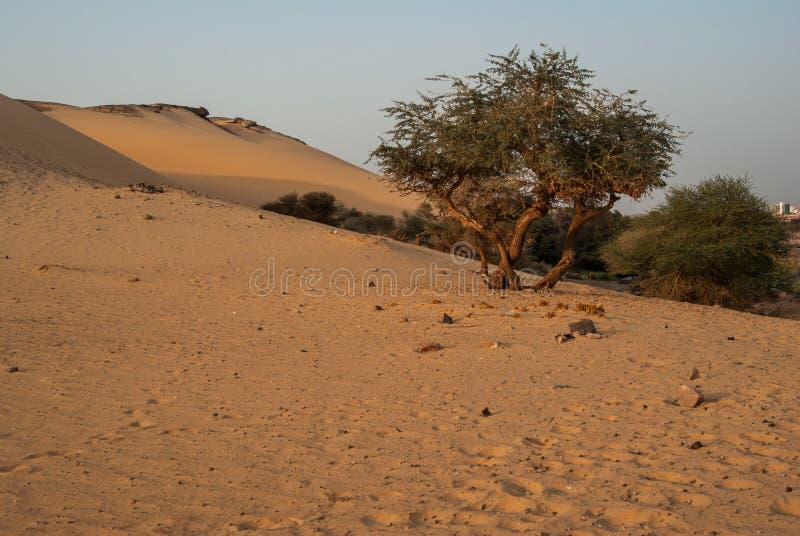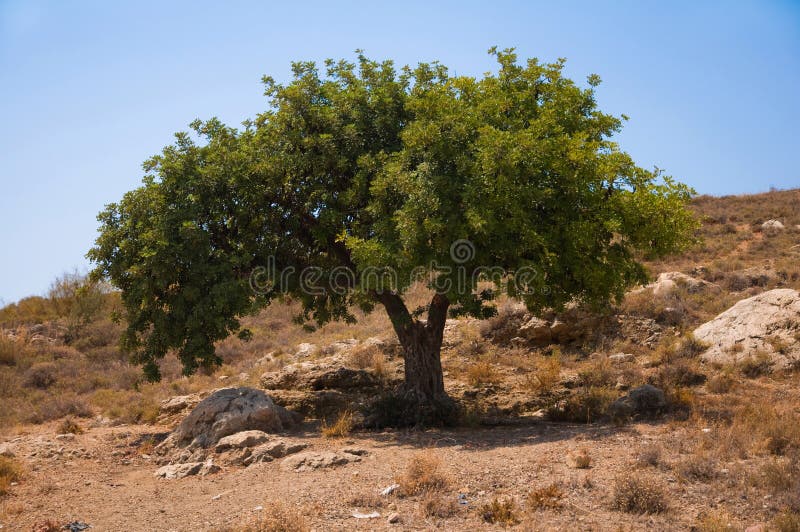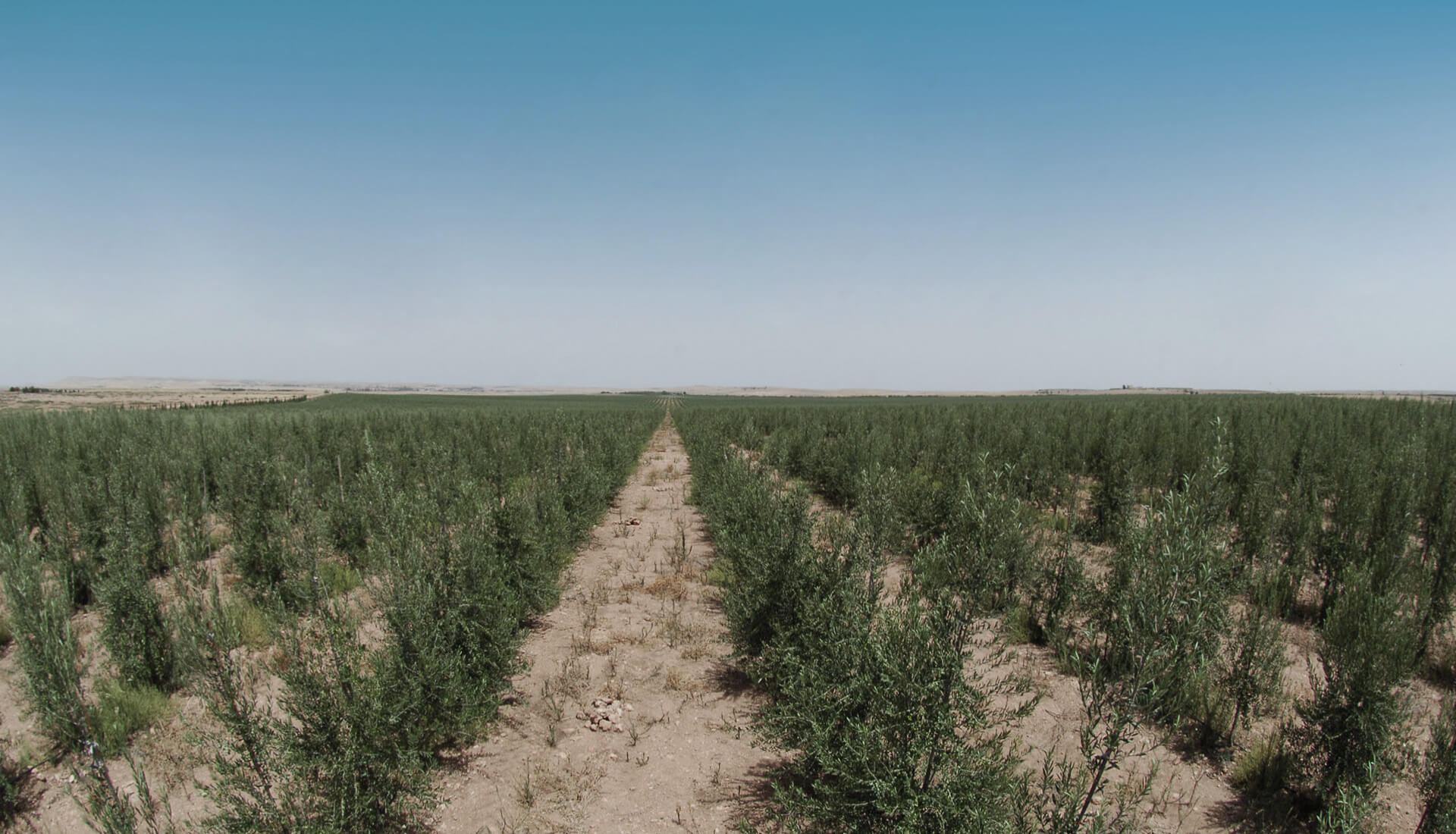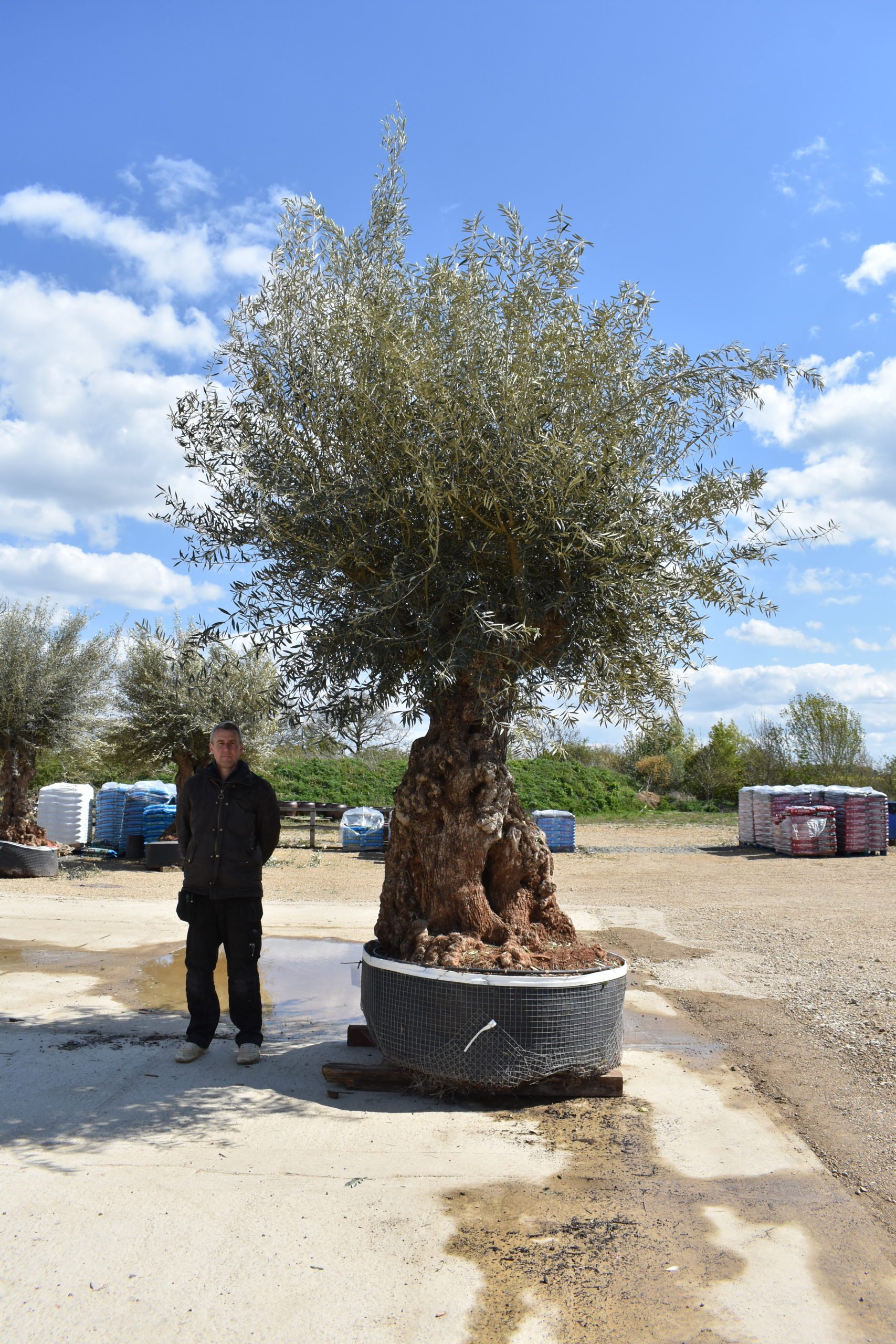
Olive tree in desert stock photo. Image of sand, agriculture 57242998
Can trees grow in deserts? Trees that grow in desserts generally adapt to have lower water requirements. You can expect cacti, willows, palm, and acacia trees to grow well in the desert, among others. These trees all do well in dry environments are very adaptable to droughts when needed.

908 Olive Tree Desert Stock Photos Free & RoyaltyFree Stock Photos
Plant Highlights Desert olive is a highly recommended but underutilized small tree. This small, multi-trunked tree has satiny smooth white bark and small, bright green deciduous leaves that turn a bright yellow in fall before defoliating for the winter.

6 Clinical studies made on the organic Desert Olive Tree Powder
Desert Olive is a deciduous shrub that grows fast to 6-8 feet. Native from northern central California to Riverside and east to Colorado and Texas. Useful fast filler for desert conditions, drought tolerant after established, cold tolerant to at least 0 F., and deer have not bothered this plant. Easy to grow.

Olive tree in desert stock image. Image of university 13272007
Forestiera pubescens, commonly known as Stretchberry, Desert Olive, Tanglewood, Devil's Elbow, Spring Goldenglow, Spring Herald, or Texas Forsythia, is a deciduous shrub or small tree that is native to the southwestern United States and northern Mexico. Plant Description Plant Type Shrub Size 8 ft tall 5 - 8 ft wide Form Upright Dormancy

OLIVIE antioxidants from organic Moroccan olive trees for your health!
$8.99 Out of stock Add to wishlist Shipping: No longer available this season. More Information Overview New Mexico privet is a handsome native large shrub/small tree with great adaptability to different growing conditions. Prune it up as a multi-stemmed small tree with ornamental white bark and glowing bright yellow fall color.

908 Olive Tree Desert Stock Photos Free & RoyaltyFree Stock Photos
The New Mexico olive ( Forestiera neomexicana) is also known as desert olive tree because it thrives in hot, sunny regions. New Mexico olive usually grows many spiny branches. The bark is an interesting shade of white. Tiny but very fragrant yellow flowers appear on the shrub in clusters in spring even before the leaves.

Sahara acacia tree (Acacia raddiana). Rosa Frei Photography
The Forestiera Pubescens, commonly known as the Desert Olive, is a species of shrub or small tree native to the Southwestern United States. It has been widely spread throughout this region as a result of its edible berries and hardiness to drought. Desert Olives have a distinctive look that sets them aart from other shrubs found in the same area.

Sahara acacia tree (Acacia raddiana). Rosa Frei Photography
View photos of the edible (barely) plant, Forestiera pubescens (Desert olive), profiled in Wild Edible Plants of New Mexico. A passage from Wild Edible Plants of New Mexico: I'm not going to exaggerate and make Desert olive into something that it is not. It's one of the more bitter-tasting (but still edible) berries in New Mexico.

Olivie, Desert Olive Tree Pearls, Imported from Morocco, 11.99 oz
By Mikl Brawner: New Mexican Privet: Forestiera pubescens var. neomexicana Photo: Keith Williamson This Colorado native small tree or large shrub in the Olive family is sometimes called Desert Olive. It grows in the valleys and canyons of southwestern Colorado, New Mexico, and Arizona. The upright, thin, light-gray branches grow very densely and could be used for a screen or hedge, like a.
Xtremehorticulture of the Desert Olive, Vitex or Crape Myrtle. Which
HOW MUCH DOES an olive tree COST? At our nursery, olive trees cost $120 for a 15-gallon container, $250 for a 24-inch box, $500 for a 30-inch box. Prices are subject to change. Please contact us for the most up-to-date information on pricing.

Ancient Olive Tree No. 189 Olive Grove Oundle
A genetic resource for cultivated plants A symbol of Saharan mountain ecosystems, the Laperrine's olive tree is a source of wood for local populations. Its leaves are also a valued resource to.

Trees In Desert Free Stock Photo Public Domain Pictures
Olive trees are perennial evergreen trees that can live up to 2000 years. For this reason, the olive tree orchards currently bearing fruit are the result of the foresight and dedicated work of prior generations. My husband's village outside of Ephesus is wholly dedicated to the olive - the village name itself is derived from the historic.

Potted olive trees. Tuscan landscaping, Patio trees, Potted olive tree
Most California olives are grown in the Central Valley or coastal areas which have prohibitively high land costs. This provides potential for olive cultivation in the deserts and drylands in the south half of the state, as well as some areas of Arizona and southern Nevada, where land prices are lower. Young desert olive trees, one year from.
.jpg)
FileCentenarian olive tree 1 (4752183682).jpg Wikimedia Commons
Trees that grow well in full sun. Drought-resistant trees that can hold in moisture. Desert trees that thrive in infertile, sandy, or rocky soil. Trees that can thrive in hot temperatures in the daytime and cold temperatures at night. This article lists some of the most common and popular trees to grace desert landscape gardens.

Desert Olive Olive, Deserts, Plants
Happy Boy New Mexico Privet Forestiera neomexicana Happy Boy $16.99 Sale $13.59 Per Plant - 5" Deep Pot 1 Desert Olive or New Mexico Privet (Forestiera neomexicana) is a deciduous, native shrub that can be grown as a hedge, or pruned to form a small tree.

908 Olive Tree Desert Stock Photos Free & RoyaltyFree Stock Photos
Forestiera pubescens, commonly known as stretchberry, desert olive, tanglewood, devil's elbow, and New Mexico olive, is a deciduous shrub or small tree found in the Southwestern United States. It is common in open woodlands, brushy areas, and near streams. Botanical Information 7